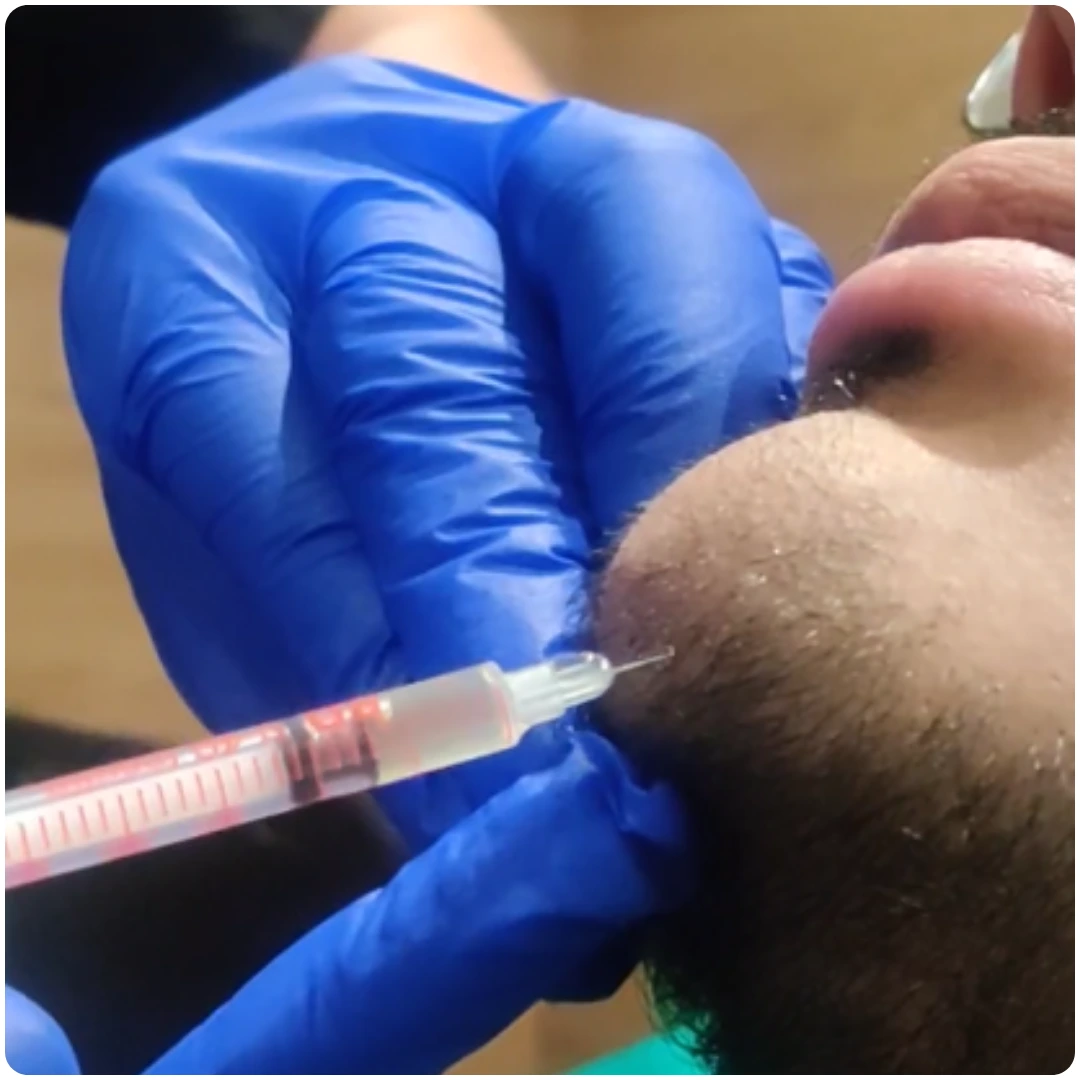Orthognathic Surgery (Jaw Corrective Surgery)
What Is Orthognathic Surgery?
Corrective jaw, or orthognathic surgery is performed by an oral and maxillofacial surgeon (OMS) to correct a wide range of minor and major skeletal and dental irregularities, including the misalignment of jaws and teeth.
This surgery can also help to improve chewing, speaking and breathing. The patient’s appearance may be dramatically enhanced because of this surgery.

Align Your Jaw for a Balanced Look with Orthognathic Surgery at Musk Clinic!
Conditions For Jaw Surgery
- Difficulty chewing, or biting food
- Difficulty swallowing
- Chronic jaw or jaw joint (TMJ) pain and headache
- Excessive wear of the teeth
- Unbalanced facial appearance from the front, or side
- Open bite (space between the upper and lower teeth when the mouth is closed)
- Facial injury
- Birth defects
- Receding lower jaw and chin
- Protruding jaw
- Inability to make the lips meet without straining
- Chronic mouth breathing
- Sleep apnea (breathing problems when sleeping, including snoring)
Why Choose Musk Clinic?
FAQs
Jaw surgery is not a painful procedure. During the surgery, your nerves are numbed, so you do not feel any pain. By the time you regain feeling in your face and chin, most of the pain that would exist is gone.
However, some patients do experience some discomfort when sneezing, yawning or coughing during the first few weeks following the surgery.
When you suffer from spitting or lisping when you speak or are unable to chew with all your teeth, close your mouth fully, or breathe through your mouth, or if you are unhappy with the appearance of your chin and lower face, jaw surgery may be the right option.
If you are interested in undergoing jaw surgery, it is important to speak with your doctor and schedule a consultation with a board-certified orthognathic surgeon to discuss whether jaw surgery is the right option for you.
After the surgery, you will need to follow a liquid diet as prescribed by your surgeon for a couple weeks. Some good items to stock up on for your recovery are shakes and supplements with nutritional value and protein in them.
After the liquid diet period has ended, your doctor will prescribe a limited soft foods diet for you to follow, and you will slowly be able to eat whatever feels comfortable to chew until you are able to return to normal eating. It is very important to drink plenty of water each day to ensure hydration.
Length of recovery depends again on the severity of the condition. Patients often report feeling well enough to resume most activities anywhere from one to three weeks following the procedure.
Complete jaw surgery recovery usually takes about three to six months. The post-operative period spans about another six months to a year, in which you will have follow-up appointments and after-care instructions from your doctor.
Typically, you will need to wear braces after jaw surgery for the first few months, and you may have to wear a retainer once the braces are removed.
This is to ensure that your teeth and jaw remain in their new positions until your jaw has regained its full strength and movement.










